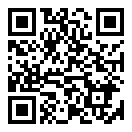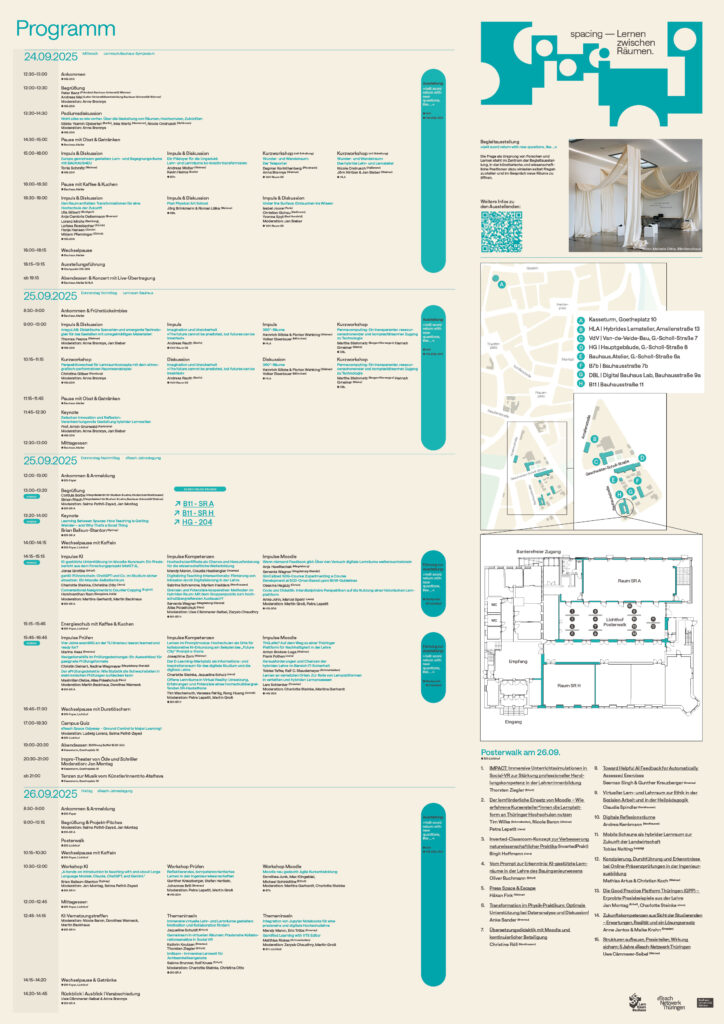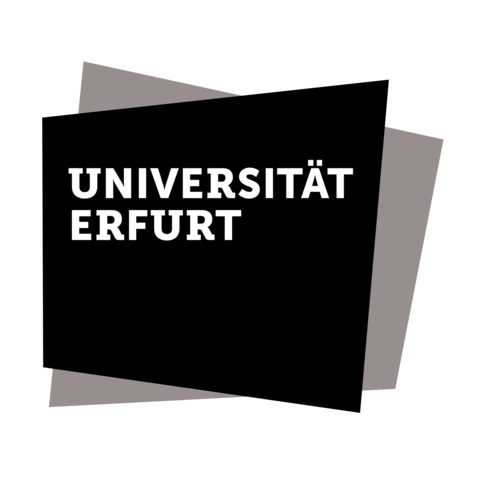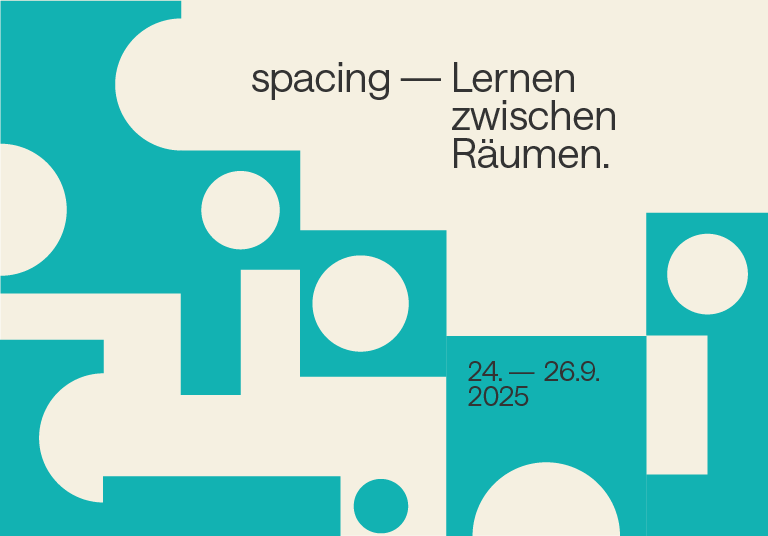
spacing - learning between spaces.

spacing - learning between spaces.
Symposium Lernraum.Bauhaus & eTeach Annual Conference 2025
- 24. - 26.09.2025
- Bauhaus University Weimar
- three days & hybrid
Details & Contact
Elisa Kirbst
Conference organization as an eTeach specialist unit
for communication and events
+49 (0) 36 43 / 58 12 65
Dr. Nicole Baron
Conference organization as eTeach contact point
Bauhaus University Weimar
+49 03643 58 12 74
Anne Brannys-Droste
Coordinator of the project and symposium Lernraum.Bauhaus
+49 (0) 36 43 / 58 12 54
spacing@uni-weimar.de
Date & place: September 24 - 26
The conference will take place hybrid, i.e. online and in the newly designed media studies faculty building (Bauhausstraße 11, 99423 Weimar). Participation in the event is free of charge. The event is organized by the eTeach-Netzwerk Thüringen and the Lernraum-Bauhaus team together with the Bauhaus-Universität Weimar.
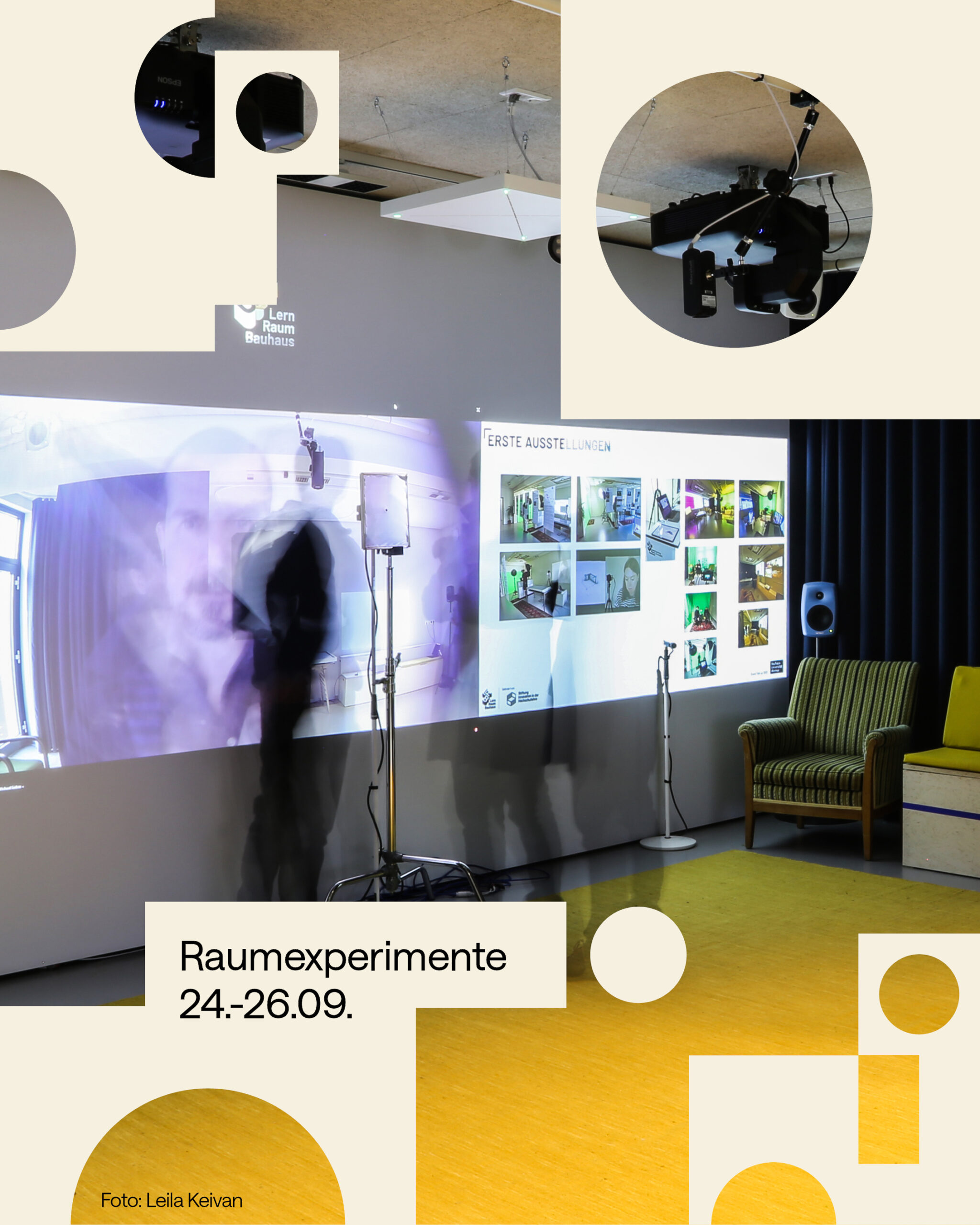
A look back at three days of "exploring the spaces in between"
The conference "Spacing- learning between spaces." opened up a multifaceted field of real, virtual and hybrid learning and teaching spaces over three days - and above all, it was exciting to observe what happened in the transitions, in the spaces between the spaces.
In addition to keynotes and lectures, the program included practical and interactive formats such as workshops, theme islands, a pitch session with poster walk, an exhibition and a campus quiz. However, the encounters between the formats were particularly inspiring: Conversations during the breaks, paths across the campus, insights into real teaching and learning spaces as well as digital connections that gave rise to moments in which new ideas and surprising perspectives emerged.
What makes teaching and learning spaces productive?
Key criteria can be derived from the discussions and contributions at the conference. Productive spaces - whether analog or digital - are above all flexible and changeable. Movable furniture, changeable equipment or multifunctional surfaces open up scope that may seem unusual at first, but often unleash creativity. The sensory dimension also shapes learning: light, color, materials, acoustics and atmosphere have a decisive influence on concentration, well-being and motivation.
Rooms are more than mere shells; they can themselves become part of the cognitive process. When work steps are made visible - for example through writable walls, whiteboards or digital surfaces - transparency and a feedback culture are created. Productive learning spaces also promote interdisciplinarity and cooperation, create space for movement and playful experimentation, and they must be barrier-free and technically reliable so that everyone can participate. Finally, there is the question of future viability and sustainability: how can spaces be designed in such a way that they will also serve future generations - flexibly, in a way that conserves resources and is open to nature and the outdoors?
Universities face a number of challenges in responding to changing requirements in order to create participative environments that are conducive to creativity and learning.
Highlights & central impulses
The symposium opened with a panel discussion "Not everything as before. On the design of spaces, universities and futures"which made it clear how much the environment, architecture and interior design influence the quality of teaching and learning success.
In his keynote speech "Between innovation and reflection: Responsible design of hybrid learning environments" Armin Grunwald emphasized that technical innovation should never be conceived without ethical reflection. Concepts such as anticipatory governance, scenario building and reversibility can help to steer developments sustainably and responsibly.
According to Grunwald, the future is not something that simply happens, but something that is made - it needs shaping forces in the here and now. This makes it all the more important for universities to sensitize students to this task.
In the keynote speech by Dr. Brian Ballsun-Stanton ("How Teaching Is Getting Weirder - and Why That's a Good Thing") showed how uncertainty, irritation and the unexpected - e.g. through AI - are not just disruptions, but offer opportunities for learning, judgment and metacognition. His approach of turning students into active creators through visualized prompt work, reflection and discourse was particularly impressive.
The exhibition "(will soon) return with new questions, like ..." showed artistic-research works that focused on questions rather than answers and thus opened up new spaces for thinking. Questioning one's own actions - their sustainability, their interventions in existing structures and their often subtle, barely visible gestures of change - is the basis for creating new (learning) spaces.
Challenges & open questions
In addition to many positive impulses, areas of tension also came to light: How can change be made possible without technology becoming a hurdle? How can digital and virtual spaces be designed inclusively - both technically and didactically? How can a culture of error and experimentation be institutionally supported where universities are highly formalized? And how can sustainability succeed in the midst of constant change? How can teaching formats change in order to react confidently to the influence of artificial intelligence?
Balance sheet & outlook
The conference spacing - learning between spaces. showed that rooms are far more than just architecture, furniture or technology: they are co-creators of teaching and learning. They shape experiences, open up opportunities, promote creativity, reflection and community. Learning takes place not only in the seminar room, but also in the spaces in between - where curiosity, experimentation and encounters come together. Universities are called upon to consciously design these spaces: flexibly, inclusively, sustainably and with openness for future generations.
Guidelines can be formulated for the future:
Understanding spaces as living networks; combining innovation with reflection on values, accessibility and impact; opening up spaces for experimentation and failure; promoting inclusive, barrier-free and flexible spatial design; and finally, understanding nature and outdoor spaces as an integral part of learning.
The recordings of the keynotes and keynote speeches can be found on the website of the Digital Library of Thuringia (dbt).
Photo gallery
Photos by Tarek Rishmawi and Julia Schöffel
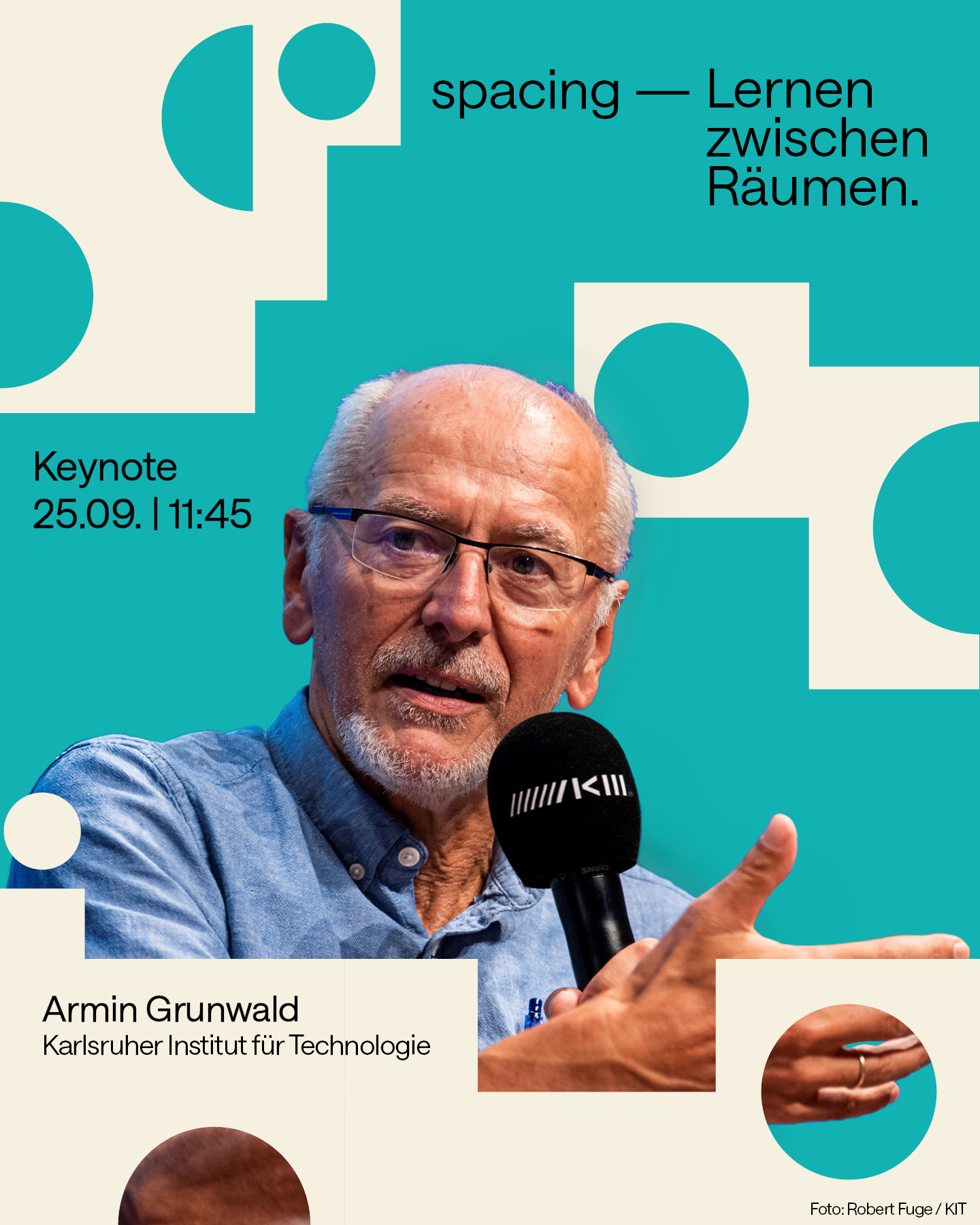
"Between innovation and reflection:
Responsible design of hybrid learning environments"
In his keynote speech "Between innovation and reflection. Responsible design of hybrid learning environments", Prof. Armin Grunwald sheds light on the mutual relationship between technical innovation and reflection in university teaching. The focus is on the question of how digital and emergent technologies can be responsibly embedded in learning spaces in a socially, ethically and pedagogically thoughtful way.
Innovation and reflection do not appear to be opposites, but rather mutually dependent moments of a cultural design practice: technological progress unfolds in the mirror of philosophical reflection on consequences and values. Concepts such as anticipatory governance, scenario building or the principle of reversibility are examples of how future-oriented innovation can go hand in hand with prudence and questioning. The keynote thus outlines a thought-provoking vision of hybrid learning worlds in which creative departure and a reflexive sense of responsibility go hand in hand.
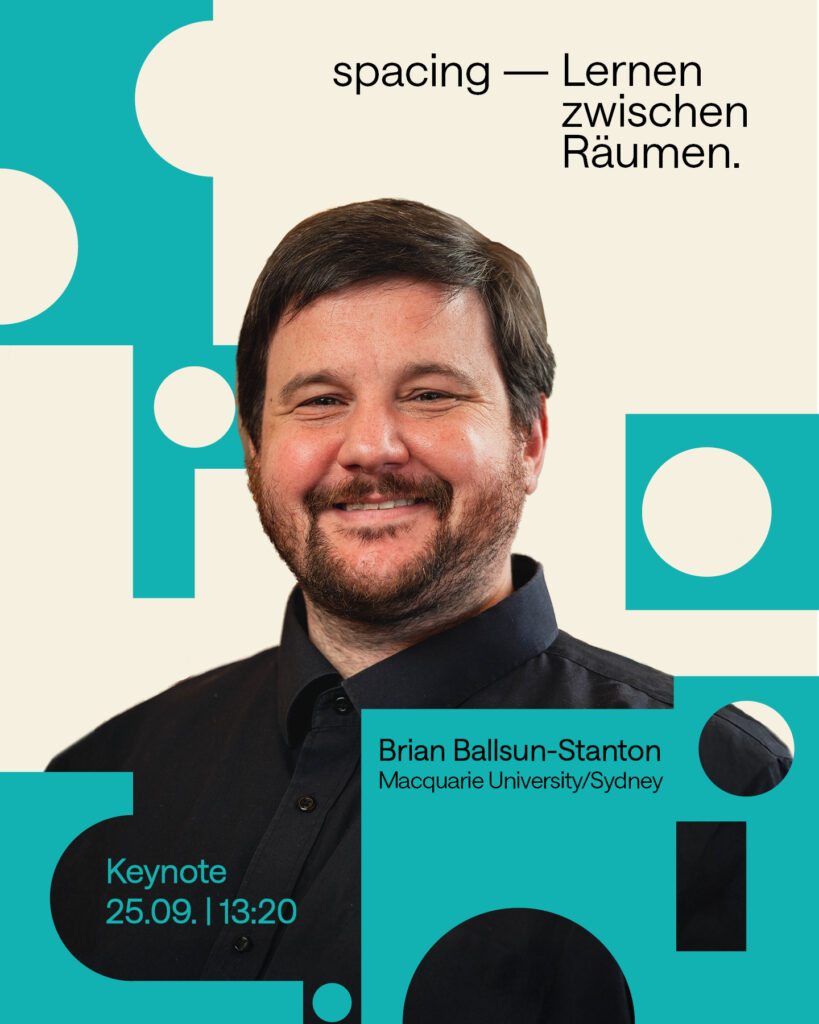
Learning Between Spaces: How Teaching Is Getting Weirder - and Why That's a Good Thing
Dr. Ballsun-Stanton will discuss tested approaches for teaching with and about AI. We are looking at a paradigm shift around teaching - when prior explanations no longer serve to explain present facts. Our present circumstances are disorientating and therefore weird. However, while some traditional expectations of knowledge mastery may be easily defeated through the casual and unthinking use of AI, we have an opportunity to focus on process, on reflection, and on judgement.
The keynote shares classroom research from Macquarie University's (Sydney) experimental AI unit, where a four-pillar pedagogical framework transformed student discomfort into productive learning. Through a call at the start of each class, "Show me your prompts," students annotated their AI interactions after embodying them in disciplinary simulations. This made their prompting visible and discussable. The process shifted students from seeking "right answers" to collaborative exploration. By reflecting on which prompts worked (and which didn't), learners moved from passive AI consumers to active agents who strategically chose when and how to engage AI. The framework demonstrates how pedagogical weirdness catalyzes critical technological judgment,
Compact program overview with site plan
Call for Participation
How can physical, digital and hybrid spaces be designed in such a way that they optimally support learning and teaching? The Lernraum.Bauhaus team and the eTeach Network Thuringia are asking this question and cordially invite you to join them in a discussion. The joint conference of both projects at the Bauhaus-Universität Weimar provides an opportunity: "spacing - learning between spaces.".
"Spacing" here means both designing teaching and learning spaces and creating connections between them that are conducive to learning. The digitalization of teaching and learning formats at universities is increasingly creating so-called intermediate spaces. These spaces must be designed in such a way that they enable flexible, participatory and barrier-free learning.
The eTeach annual conference will explore the challenges and potential of digital, virtual and hybrid spaces and focus on the interplay between space, technology and didactics. The focus will be on practical examples and research approaches that show how digital and analog learning spaces can be combined creatively and in a way that promotes learning. The aim is to design "learning spaces" together with teachers and students.
September 24, 1 p.m. - September 25, 12 p.m.: Symposium Lernraum.Bauhaus
September 25, 1 p.m. - September 26, 3 p.m.: eTeach Annual Conference
Both events can be attended individually or together free of charge. We are expecting around 130 participants for the program part of the eTeach Network Thuringia and look forward to a wide range of perspectives from teachers, students and various other stakeholders from university practice!
The program of the eTeach annual conference is divided into four overarching tracks:
A: AI and teachingLearning spacedesign
B: Media enrichmenttes Testing - New rooms, new formats
C: Learning platforms as digital teaching-learning spaces
D: Scope - Open knowledge, cooperation and future skills
We cordially invite you to play an active role in shaping the content of these topics. Your contributions will help us to disseminate successful examples of good practice, explore the potential for practical implementation and make innovations in university teaching tangible.
The submission deadline for applicationsThe term of the contracts ended on June 15, 2025
The questions on the tracks listed in this Call for Participation are sample questions and serve as a guide.
The rapid development of AI is fundamentally changing teaching, learning and assessment at universities - both conceptually and structurally. AI-supported technologies are challenging traditional roles and expanding physical, hybrid and virtual learning spaces.
This topic area highlights innovative teaching-learning concepts that use AI for spatial design and discusses ethical, technical and (media) didactic aspects. Contributions on best practices, challenges, critical reflections and future perspectives on the use of AI in different learning environments are welcome.
Impulse questions:
- What new possibilities do AI-supported tools offer for personalized learning opportunities and automated evaluations?
- What skills do students need to acquire in order to integrate AI confidently into learning and work processes?
- How can teaching and learning spaces be designed adaptively and in line with requirements using AI?
- How can AI contribute to the promotion of collaborative and interdisciplinary learning spaces?
- How will learning and learning spaces change as a result of AI?
Digital and multimedia teaching and learning environments broaden the understanding of examinations and open up other possibilities for competence-oriented testing. E-portfolios, interactive tools, video presentations or simulation-based examinations can supplement or even replace traditional examination formats. But what didactic, technical and organizational requirements are necessary for this?
This topic area highlights innovative feedback procedures and examination formats in digital learning spaces. The focus is not only on didactic concepts, but also on technical solutions as well as legal and organizational framework conditions. Contributions are invited that open up new examination spaces - from best practice examples and empirical studies to conceptual considerations.
Impulse questions:
- Why do we give feedback and why do we check - and how are these responses changing as a result of digitalization and AI in particular?
- How can digital examination formats support competence-oriented testing?
- What technical and legal challenges are involved in implementing
- digital tests?
- What experience is there with examination formats such as e-portfolios, video presentations or simulation-based examinations?
- How can digital audits be designed to ensure transparency, fairness and accessibility?
With new didactic approaches such as individualized, project-based or research-based learning, the demands on the design of digital teaching and learning spaces are increasing. Physical and digital learning spaces should be coordinated in such a way that they interlock in a didactically meaningful way.
Today, learning platforms are far more than just places to store materials - they are interactive environments that enable communication, collaboration and personalized learning processes.
This track focuses on questions relating to the use and design of learning platforms. Contributions are invited that open up learning platforms and other digital tools as teaching and learning spaces - from best practice examples to empirical studies and conceptual considerations.
Impulse questions:
- How can universities strengthen student participation across physical, hybrid and digital spaces?
- How can digital teaching and learning spaces be designed and used to promote motivation, collaboration, equal opportunities and active participation?
- What challenges and opportunities arise in the area of conflict between learning analytics, data protection and personalized learning?
- How can the potential of digital teaching and learning spaces be enhanced by AI to promote learning?
- What comes after Moodle & Co.
Universities are more than just teaching and learning institutions - they offer scope for new ideas to emerge, existing structures to be questioned and forward-looking approaches to be tested. New ideas are best generated when we are confronted with new perspectives and have easy access to knowledge.
This topic area is dedicated to innovative concepts and open questions relating to future and sustainability skills and (international) university cooperation.
Contributions are invited that provide insights into best practices, initiate critical reflections or deliver empirical findings on these topics.
Impulse questions:
What scope is already being used successfully?
Which teaching formats currently deal explicitly with the "future"?
Which skills are crucial in a changing world of learning and work - and where are the limits of the future skills debate?
How can university cooperation be promoted through hybrid teaching? Where are the limits?
What would characterize a digital Thuringian or European university?
Organizational matters
Target group
Teachers, students and graduates from all departments and types of university are invited to participate. In addition, contributions are welcome from employees of all universities from the fields of higher education didactics, course development, science management, student service areas and researchers from the field of educational science. We also welcome participation and contributions from university management and representatives from politics and society.
Formats
You can submit your contributions in German or English for various formats. Please indicate your preferred format with your submission. Submissions must be in the form of an abstract (maximum length 200 words). We reserve the right to assign your contribution to a different event format together with you for the purposes of program planning.
Impulses: In the impulses, experiences and application scenarios from teaching practice are presented and jointly reflected upon in a lecture-oriented manner. (Duration: 10-15 min + discussion)
Workshop: This format offers the opportunity for collaborative, interactive and practice-oriented group work. Here you have the opportunity to work intensively on specific teaching and learning projects or concrete issues. By exchanging knowledge within the group, you can not only benefit from the experience of others, but also actively contribute to the further development of project ideas. (Duration: 90 minutes)
Theme islands: The theme island format promotes an interactive exchange between the participants. After a 5-minute thematic impulse, your projects, innovation ideas and experience reports are given space for a collegial exchange. (Duration: 30 minutes)
Poster session with Pitch: Posters on ongoing or completed (teaching) projects can be presented here. The poster session begins with a one-minute pitch. This is followed by the opportunity to exchange ideas and discuss the respective posters in more detail. (Duration: 60 minutes)
Important dates
April 22, 2025: Start of the submission phase
June 1, 2025: End of the submission deadline for all entries
June 30, 2025: Feedback on the submissions
July 21, 2025: Publication of the preliminary program and start of registration for the conference
September 23, 2025: End of the registration period
September 24 and 25: Bauhaus Learning Space Symposium
September 25 and 26: eTeach annual conference at the Bauhaus-Universität Weimar
We look forward to your contributions and hope to see you at the eTeach annual conference in Weimar!
If you have any questions regarding content or logistics, please send us an e-mail:
spacing@uni-weimar.de
Date
- 24. - 26.09.2025
- Expired!
Local Time
- Timezone: America/New_York
- Date: 24. - 26.09.2025
Location
Bauhaus University Weimar
- Bauhaus University Weimar
Category
